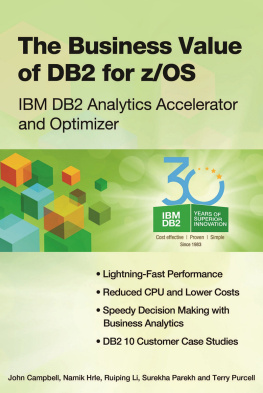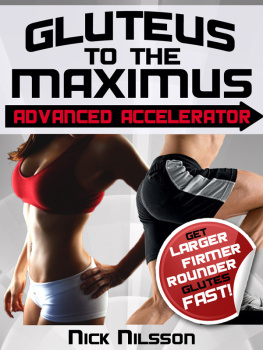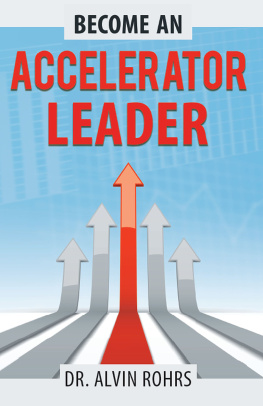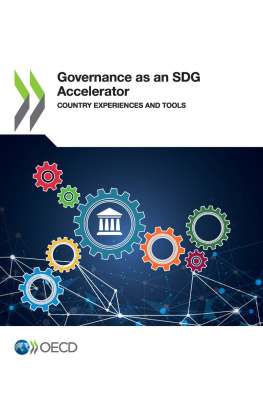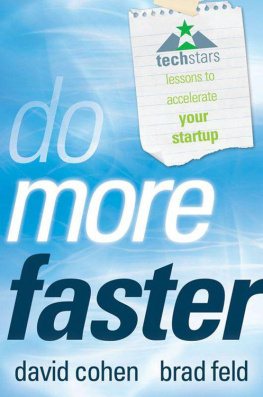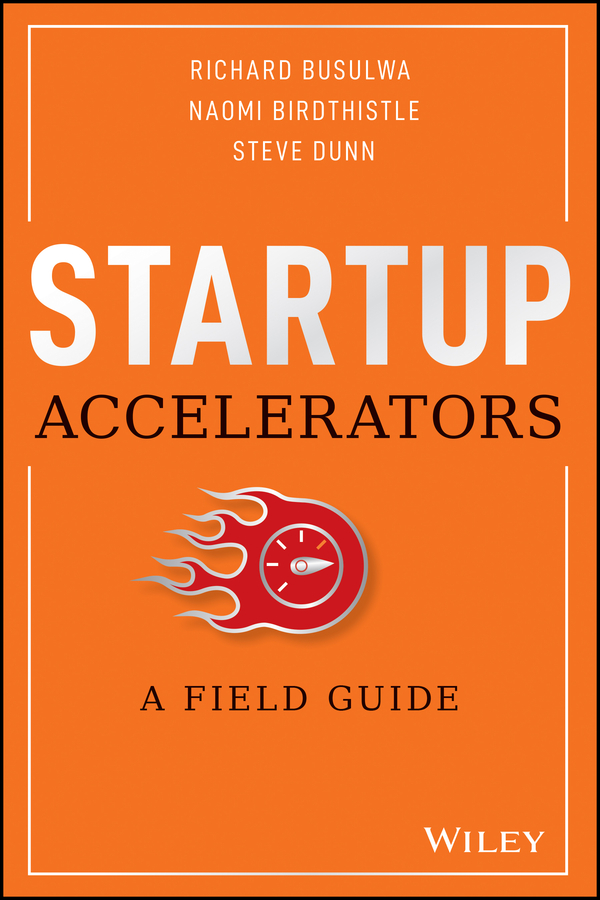
Table of Contents
List of Tables
- Introduction
- Chapter 3
- Chapter 4
- Chapter 5
- Chapter 7
- Appendix
List of Illustrations
- Introduction
- Chapter 1
- Chapter 2
- Chapter 3
- Chapter 4
- Chapter 6
- Chapter 7
- Chapter 8
Guide
Pages
Startup Accelerators
A FIELD GUIDE
Richard Busulwa
Naomi Birdthistle
Steve Dunn

2020 by Richard Busulwa, Naomi Birdthistle, and Steve Dunn.
Published by John Wiley & Sons, Inc., Hoboken, New Jersey.
Published simultaneously in Canada.
No part of this publication may be reproduced, stored in a retrieval system, or transmitted in any form or by any means, electronic, mechanical, photocopying, recording, scanning, or otherwise, except as permitted under Section 107 or 108 of the 1976 United States Copyright Act, without either the prior written permission of the Publisher, or authorization through payment of the appropriate per-copy fee to the Copyright Clearance Center, Inc., 222 Rosewood Drive, Danvers, MA 01923, (978) 750-8400, fax (978) 646-8600, or on the Web at www.copyright.com. Requests to the Publisher for permission should be addressed to the Permissions Department, John Wiley & Sons, Inc., 111 River Street, Hoboken, NJ 07030, (201) 748-6011, fax (201) 748-6008, or online at www.wiley.com/go/permissions.
Limit of Liability/Disclaimer of Warranty: While the publisher and author have used their best efforts in preparing this book, they make no representations or warranties with respect to the accuracy or completeness of the contents of this book and specifically disclaim any implied warranties of merchantability or fitness for a particular purpose. No warranty may be created or extended by sales representatives or written sales materials. The advice and strategies contained herein may not be suitable for your situation. You should consult with a professional where appropriate. Neither the publisher nor author shall be liable for any loss of profit or any other commercial damages, including but not limited to special, incidental, consequential, or other damages.
For general information on our other products and services or for technical support, please contact our Customer Care Department within the United States at (800) 762-2974, outside the United States at (317) 572-3993, or fax (317) 572-4002.
Wiley publishes in a variety of print and electronic formats and by print-on-demand. Some material included with standard print versions of this book may not be included in e-books or in print-on-demand. If this book refers to media such as a CD or DVD that is not included in the version you purchased, you may download this material at http://booksupport.wiley.com. For more information about Wiley products, visit www.wiley.com.
Library of Congress Cataloging-in-Publication Data:
Names: Busulwa, Richard, 1980- author. | Birdthistle, Naomi, author. | Dunn, Steve, author.
Title: Startup accelerators : a field guide / Richard Busulwa, Naomi Birdthistle, and Steve Dunn.
Description: Hoboken, New Jersey : John Wiley & Sons, Inc., [2020] | Includes index.
Identifiers: LCCN 2019047697 (print) | LCCN 2019047698 (ebook) | ISBN 9781119638599 (hardback) | ISBN 9781119638650 (adobe pdf) | ISBN 9781119638605 (epub) Subjects: LCSH: New business enterprises. | Entrepreneurship.
Classification: LCC HD62.5 .B878 2020 (print) | LCC HD62.5 (ebook) | DDC 658.1/1dc23
LC record available at https://lccn.loc.gov/2019047697
LC ebook record available at https://lccn.loc.gov/2019047698
Cover Design: Wiley
Cover Image: Rusty86/Getty Images
About the Authors
Richard Busulwa (PhD, MBA, MInnov) is a researcher in the Business School at Swinburne University of Technology, home to the Australian Graduate School of Entrepreneurship. His entrepreneurship research focuses on startup evolution, entrepreneurial learning, entrepreneurial well-being, and strategy for startups. He is co-author of Strategy Execution and Complexity: Thriving in the Era of Disruption. Richard is a startup co-founder and seed investor in cloud, IoT, AI, blockchain, property, and niche professional service firms.
Naomi Birdthistle (PhD, MSc, BA) is an associate professor of entrepreneurship at Griffith University and visiting professor at Alto University. Naomi has published research on entrepreneurship education, entrepreneurial ecosystems, and high-growth firms. Her research has received numerous awards including Emerald Literati, Ernst & Young Entrepreneur of the Year, and the Institute of Small Business and Entrepreneurship (ISBE) and Ireland's Network of Teachers and Researchers of Entrepreneurship (INTRE) awards.
Steve Dunn (MBA, BA) is CEO and co-founder of LEAPIN Digital Keys, a startup that delivers NB IoT smart access control solutions. Since its founding, Steve has led the startup through a number of different accelerators within Asia Pacific, the United States, and Europe. He has also led the startup through several iterations and pivots with a variety of IoT technologies, to finally find product/market fit. Steve is a mentor and coach in university-based accelerators and incubators.
Acknowledgments
We are thankful to the founders, program managers, and entrepreneurship academics who took time out of their busy schedules to answer our lengthy questionnaires and interview questions in detail, and with full openness. We are also grateful to our supportive family and friends for accommodating our late nights and weekends spent researching and writing. Finally, we are grateful to Bill Falloon and the team at Wiley for providing us with the opportunity to research and write this book, as well as for being easy to work with and having author-friendly terms.
Preface
Accelerator programs have emerged as one of the most powerful vehicles for helping entrepreneurs to learn rapidly, create powerful networks, raise money, build their startups, and do this at speed and at scale. Since Y Combinator brought accelerators into the public consciousness in 2005, the number of accelerator programs have exploded around the world; spawning successes such as Airbnb, DropBox, Reddit, Stripe, Zenefits, Pillpack and Ubermany with billion-dollar valuations. But the number of accelerators, the global catchment area of accelerators, and differences in the benefits and costs of different startup ecosystems around the world make choosing the right accelerator a challenge. Choosing the wrong accelerator can be costly, as can failing to get into the right one. With the stakes so high, entrepreneurs need to consider their options carefully. Getting into the right accelerator is also no easy feat, since many of the best accelerators have very low acceptance rates. Once in an accelerator, founders need to take care to make the most of what the accelerator has to offer; and to ensure they don't neglect their business operations while in the accelerator. Written by entrepreneurs for entrepreneurs, this book provides entrepreneurs with an insider look into the inner workings of different accelerator programs around the world. It outlines how accelerators help startups, what the different startup accelerators around the world offer, what it takes to get into them, how to prepare accelerator applications, what to do during accelerator programs, how to raise money during accelerators, and what to do after an accelerator program ends. The book is a one-stop resource packed with insightful data and the real-life case studies and reflections of startups going through accelerator programs, program managers operating accelerator programs, entrepreneurship educators teaching entrepreneurship, and entrepreneurship researchers researching entrepreneurship education. While the book is designed to efficiently provide entrepreneurs with critical information they need on accelerators, it is also an insightful read for accelerator program managers, entrepreneurship educators, entrepreneurship education researchers, and investors considering investment in a company coming out of an accelerator; as well as policy makers seeking to unpack the role of accelerators in the entrepreneurial journey and in entrepreneurial ecosystems.
Next page



